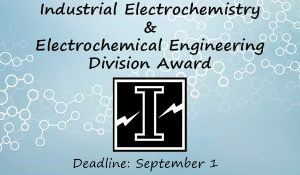Deadline is August 28, 2020
Don’t miss the last opportunity to promote your organization at PRiME 2020. The event’s move to an on-demand online/digital event offers great new opportunities for exhibitors and sponsors. Most importantly, access to all of the program’s technical presentations will be freely available to the entire global community, ensuring record-breaking participation. The deadline to secure sponsorships and exhibitions is August 28, 2020. (more…)



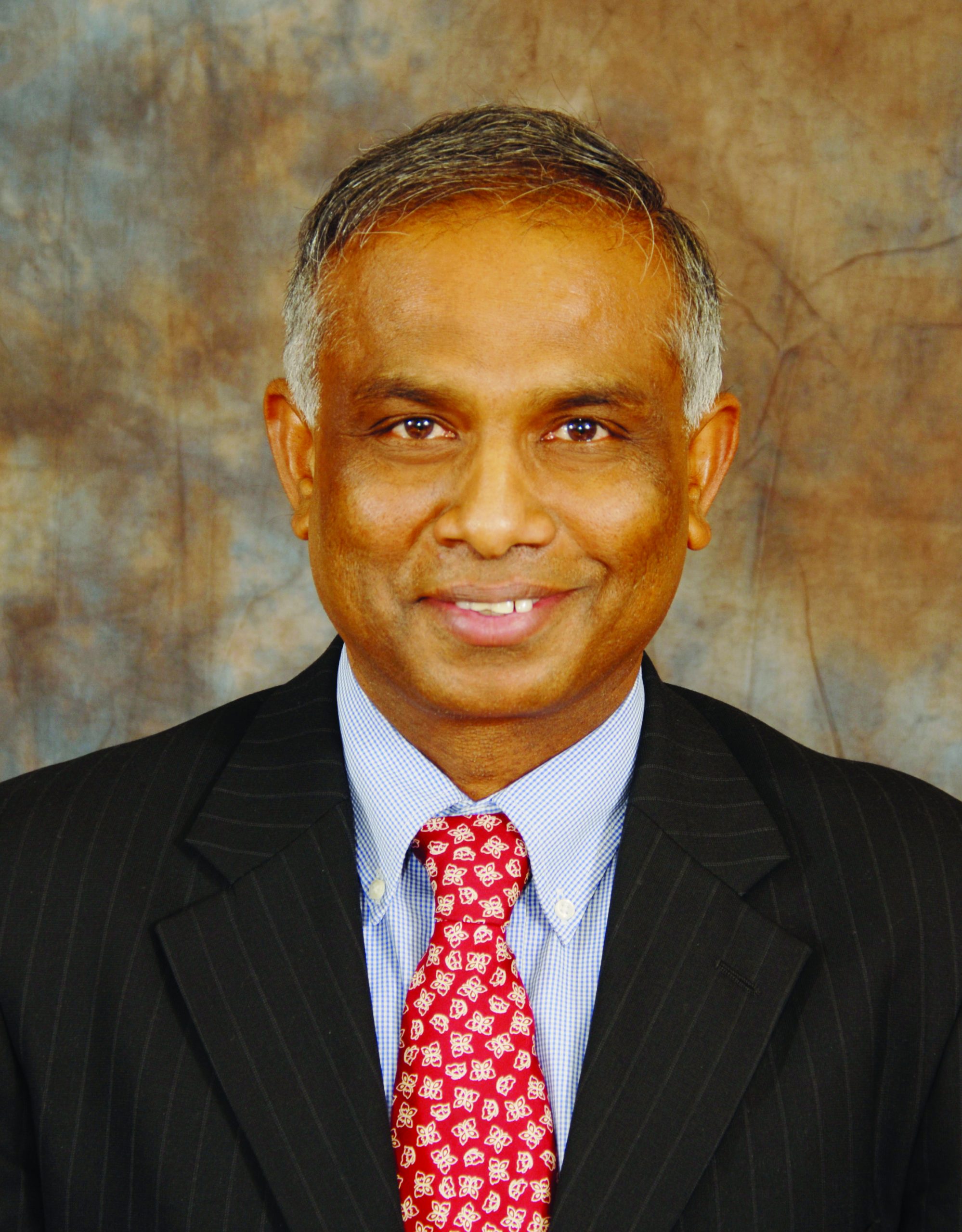
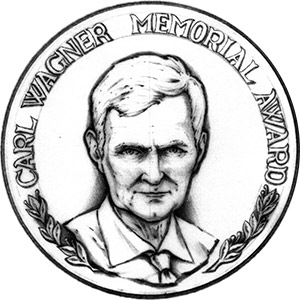
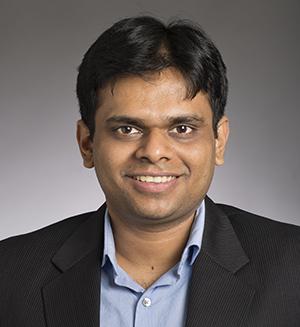
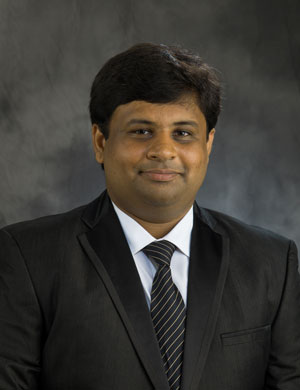
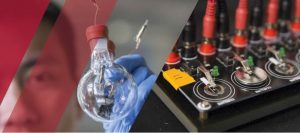

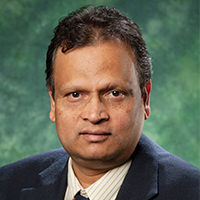
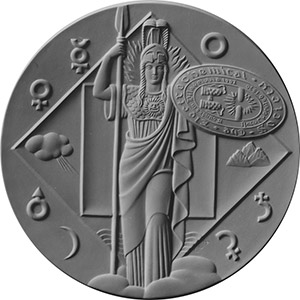 Olin Palladium Award
Olin Palladium Award